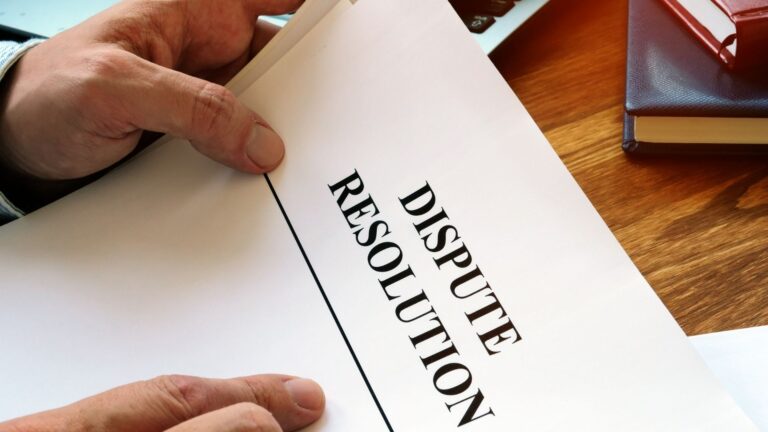Starting a small business is an exciting endeavor that requires careful planning and preparation. Among the various crucial aspects to consider, understanding the legal requirements and obligations is paramount. Failing to address legal matters from the outset can lead to significant challenges and potential liabilities down the road. To help small business owners navigate this complex landscape, we present a comprehensive legal checklist that covers essential considerations for starting a small business on the right foot.
Business Structure and Registration
Choosing the right business structure is fundamental to laying a strong legal foundation for your small business. Options include sole proprietorship, partnership, limited liability company (LLC), and corporation. Each structure has its own implications in terms of taxation, liability, and management. Consult with a business attorney or tax professional to determine the most suitable structure for your venture.
After deciding on a structure, you’ll need to register your business with the appropriate authorities. This typically involves obtaining a business license, an employer identification number (EIN) from the IRS, and complying with state and local regulations.
Contracts and Agreements
Clear and enforceable contracts are essential to protect your business interests and outline the terms of agreements with customers, suppliers, employees, and partners. Develop contracts that address key elements such as scope of work, payment terms, confidentiality, non-disclosure, and intellectual property rights. Consult with an attorney to draft or review your contracts to ensure they comply with relevant laws and adequately protect your business.
Intellectual Property Protection
Safeguarding your intellectual property is vital for small businesses operating in today’s competitive market. Conduct a thorough search to determine if your business name, logo, or product names infringe on existing trademarks. If your business involves innovative products, services, or designs, consider applying for patents, copyrights, or trademarks to secure exclusive rights and prevent others from copying or using your intellectual property without permission.
Employment and Labor Laws
Hiring employees is a significant step for many small businesses. Familiarize yourself with federal, state, and local labor laws, including those governing minimum wage, overtime, anti-discrimination, and workers’ compensation. Develop employee handbooks and policies that clearly define expectations, work hours, benefits, and disciplinary procedures. Complying with employment laws helps protect your business from potential lawsuits and ensures fair treatment of your employees.
Taxes and Accounting
Understanding your tax obligations and maintaining accurate financial records is essential for small business owners. Register with the appropriate tax authorities and obtain the necessary permits and licenses. Familiarize yourself with federal, state, and local tax requirements, including income tax, sales tax, and payroll tax. Consider consulting with a certified public accountant (CPA) or tax professional to ensure compliance and optimize your tax strategy.
Permits and Licenses
Depending on your industry and location, your small business may require specific permits and licenses to operate legally. Examples include zoning permits, health and safety permits, professional licenses, and permits for regulated activities such as food service or alcohol sales. Research the requirements applicable to your business and obtain the necessary permits and licenses before commencing operations.
Privacy and Data Protection
In an era of increasing data breaches and privacy concerns, safeguarding customer data is crucial. Implement measures to protect sensitive information, such as encryption, secure storage, and strict access controls. Familiarize yourself with applicable privacy laws, such as the General Data Protection Regulation (GDPR) or the California Consumer Privacy Act (CCPA), and ensure compliance if your business collects or processes personal data.
Insurance Coverage
Protecting your business from unforeseen events and liabilities is a wise decision. Evaluate the insurance coverage options available to your small business, such as general liability insurance, property insurance, professional liability insurance, and workers’ compensation insurance. Consult with an insurance agent or broker to assess your specific needs and obtain the appropriate coverage.
Starting a small business requires careful attention to legal matters to ensure a solid foundation for long-term success. By following this legal checklist, entrepreneurs can navigate the complexities of business formation, protect their intellectual property, comply with employment and tax laws, and safeguard their businesses against potential risks. Engaging the services of a qualified attorney, accountant, or other legal professionals can provide invaluable guidance throughout the process, ensuring compliance and mitigating legal risks. Remember, starting on the right legal foot sets the stage for a prosperous and legally sound small business journey.



